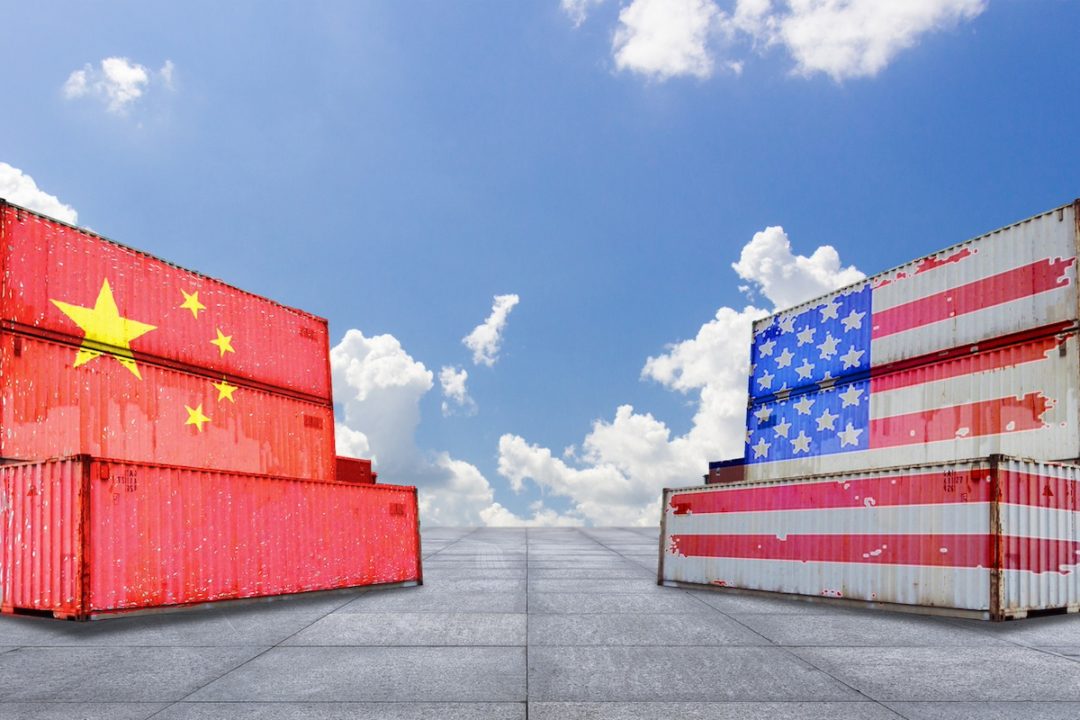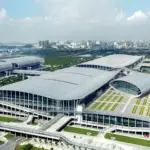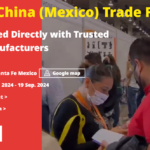With presidential candidate Donald Trump proposing new tariffs of 10% on all imported goods, shippers and ports alike are working to figure out what this could mean for them in the event of a second Trump presidency.
In the event of a Trump victory in November, the proposed changes would likely require a lengthy legislative process, allowing ample time to assess the respective impacts. Others have expressed alarm at the potential impact. These include the Peterson Institute for International Economics (PIIE) – a nonpartisan think tank based in Washington, D.C. — which warned in May that Trump’s blanket tariffs “would risk a global trade war”.
“The indiscriminate imposition of tariffs would no longer be limited to a trade war with China, if that is what the United States is aiming for, but would be a war on trade itself,” said PIIIE Fellow Alan Wm. Wolff.
Those higher prices at the border are often passed on to consumers, as companies are forced to charge more for their products to cover the added cost of imports. In the meantime, the challenge for shippers is to find ways to get products in before new tariffs kick in.






